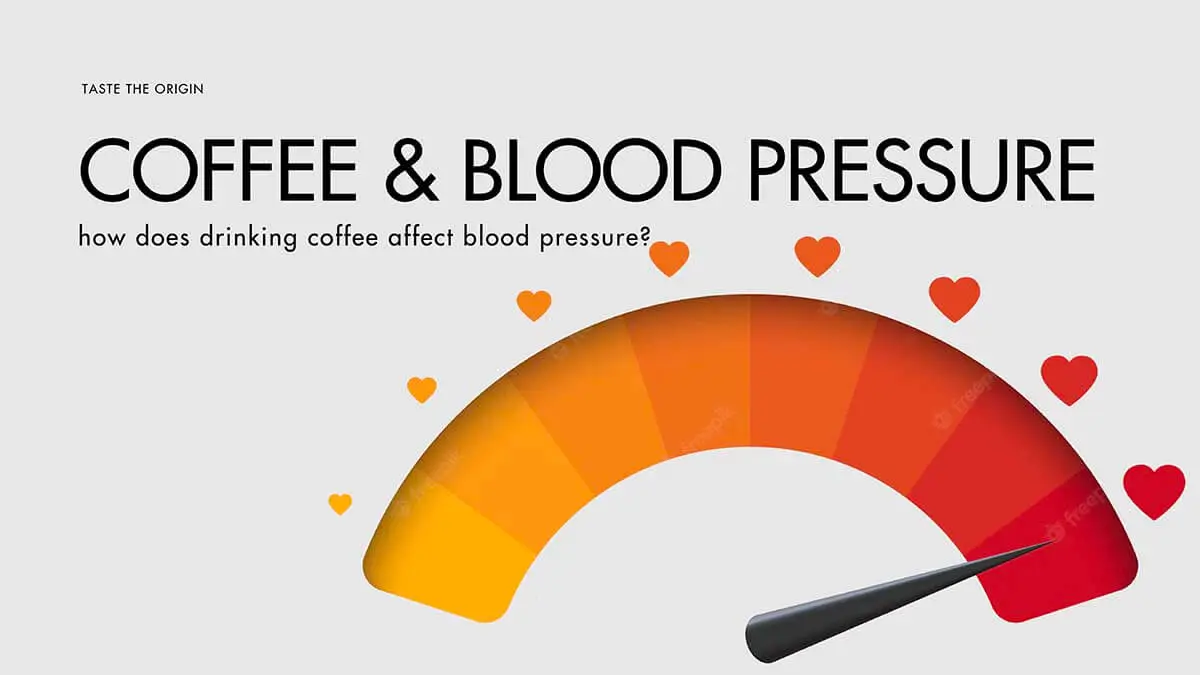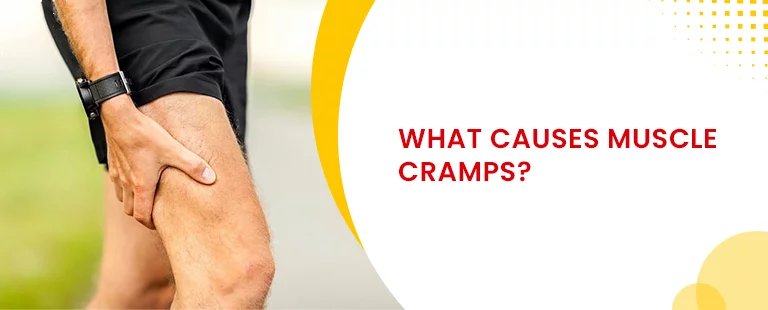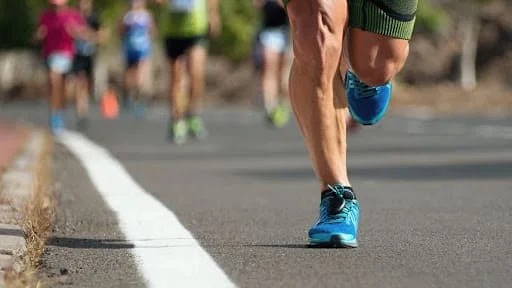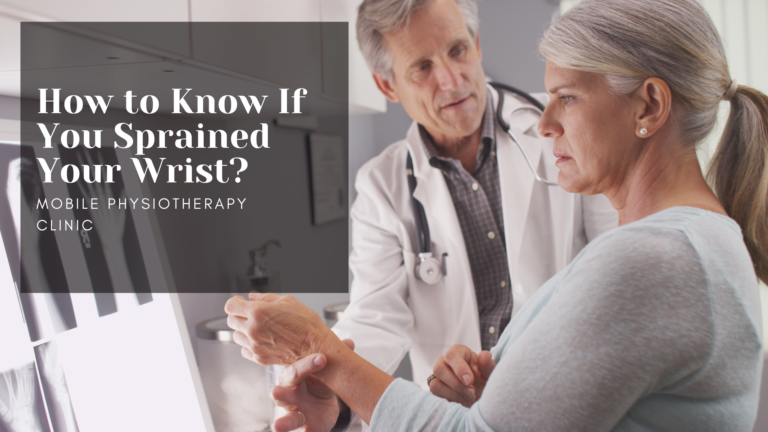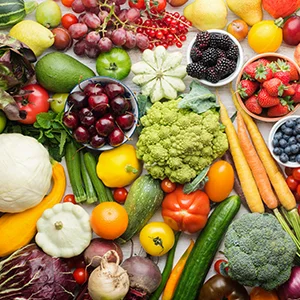Does Coffee Raise Blood Pressure
Even if you do not have high blood pressure, caffeine can produce a brief but significant spike. It is unknown what is causing this blood pressure increase. The blood pressure reaction to coffee varies from person to person.
The research on coffee and blood pressure is mixed. However, how frequently a person consumes coffee may alter its effect on blood pressure.
This article discusses how coffee affects blood pressure and what the science shows. We also discuss when to consult a doctor and provide several alternatives to coffee.
How can Coffee increase Blood Pressure?
- Even if you do not have high blood pressure, caffeine can produce a brief but significant spike. It is unknown what is causing this blood pressure increase. The blood pressure reaction to coffee varies from person to person.
- Moderate coffee drinking may neutral or favorably affect hypertension in certain persons. Caffeine is a vasoconstrictor, which means it reduces the size of blood vessels and may elevate blood pressure. Caffeine exerts its effects by interacting with several receptors in the brain. Experts believe that other components in coffee, such as antioxidants, protect blood arteries.
- Caffeine, according to some studies, may inhibit a hormone that helps keep your arteries wide open. Others believe that coffee stimulates your adrenal glands to produce more adrenaline, causing your blood pressure to rise.
- Some persons drink caffeinated beverages regularly and have a higher average blood pressure than others who do not. Others who consume caffeine daily build a tolerance for it. As a result, coffee has no lasting effect on their blood pressure.
What Effects Does Coffee Have on Blood Pressure?
If you have high blood pressure, see your doctor about limiting or discontinuing your use of caffeine-containing beverages. According to the US Food and Drug Administration, 400 milligrams of caffeine per day is generally safe for most people.
If you’re concerned about caffeine’s influence on your blood pressure, consider restricting your intake to 200 milligrams per day, which is about equivalent to two 8-ounce (237 milliliters) cups of brewed coffee. Keep in mind that the caffeine content of coffee, energy drinks, and other liquids varies depending on brand and mode of preparation.
Also, if you have high blood pressure, avoid coffee immediately before engaging in activities that naturally raise your blood pressure, such as exercise, weightlifting, or strenuous physical labor.
To determine whether caffeine is boosting your blood pressure, take your blood pressure before consuming a cup of coffee or another caffeinated beverage, and again 30 to 120 minutes later.
If your blood pressure rises by 5 to 10 points, you may be more vulnerable to caffeine’s blood pressure-raising effects. To avoid withdrawal headaches, reduce your caffeine consumption gradually for several days to a week.
Factors Affecting Coffee and Blood Pressure
Coffee and blood pressure have a complicated connection that is influenced by various factors, including:
- Individual variation: Some people are more sensitive to caffeine in coffee than others. This implies that even a modest cup of coffee can drastically increase their blood pressure.
- Types of Coffee: Caffeine content varies depending on the kind of coffee. For example, espresso often contains more caffeine than brewed coffee.
- Regular coffee intake: People who consume coffee regularly may build a tolerance to its effects, which means it may not elevate their blood pressure as much as occasional coffee users.
- Overall health: Preexisting health issues, such as high blood pressure or heart disease, can also have an impact on how coffee affects blood pressure.
- Research studies on the relationship between coffee and blood pressure have given various results. Some studies have reported a little elevation in blood pressure following coffee drinking, while others have found no meaningful impact. Furthermore, several studies have shown that frequent coffee drinking may help prevent the development of high blood pressure.
- However, it is crucial to highlight that these studies frequently have limitations, and additional study is required to properly grasp the link between coffee and blood pressure.
If you have any worries regarding coffee and your blood pressure, it is always better to consult your doctor. They can help you understand your risk factors and make informed recommendations.
Possible Long-Term Effect of Coffee on Blood Pressure
- Coffee may momentarily raise your blood pressure after consuming it, although this impact does not appear to last long.
- Current research reveals that regular coffee drinking does not have a substantial influence on blood pressure or overall risk of heart disease in patients with hypertension.
- In reality, coffee may have some health advantages.
According to a study, consuming 3-5 cups of coffee each day reduces the risk of heart disease by 15% and lowers the chance of early mortality. - Coffee includes several bioactive chemicals that have high antioxidant properties and may lower oxidative stress in the body.
- Some studies believe that the health advantages of coffee exceed any detrimental effects that caffeine may have on individuals who use it regularly.
- More study is needed to better understand the long-term effects of coffee on human health. For the time being, it looks to be completely harmless and may even be a beneficial habit to develop.
- Though long-term studies are limited, some evidence suggests that drinking coffee regularly is not related to an increase in blood pressure or heart disease risk. In reality, coffee includes antioxidants, which may benefit heart health.
Should You Avoid Coffee With High Blood Pressure?
- Moderate coffee drinking is unlikely to substantially influence blood pressure or heart disease risk for most people, even if they have previously been diagnosed with high blood pressure. The reverse may be true.
- Some of the bioactive components found in coffee may provide health advantages, such as decreased oxidative stress and inflammation.
Of course, excessive coffee use is not recommended, especially if you have high blood pressure. - If you do not currently consume coffee daily, you should wait until your blood pressure is under control before including this beverage in your routine, since it may temporarily raise your blood pressure.
- Remember that everything consumed in excess can have a detrimental impact on one’s health, including coffee. It is always crucial to balance your lifestyle and eating habits.
- Regular physical exercise, along with a diet high in fruits, vegetables, lean protein, and whole grains, remains one of the most effective approaches to support healthy blood pressure and heart health. Focusing on this kind of healthy behavior is probably a better use of your energy than obsessing over your coffee intake.
- Moderate coffee drinking regularly is unlikely to impact health outcomes in adults with high blood pressure. Maintaining a balanced diet and a healthy lifestyle are likely to have a greater influence on blood pressure than coffee use.
When to Stop Drinking Coffee?
- Some people report that drinking coffee causes sleeplessness, anxiety, or tremors. Others may notice reflux or heartburn. Anyone who has these symptoms because of coffee should avoid consuming it.
- According to studies, habitual coffee consumers may experience withdrawal symptoms such as headaches and poor mood if they suddenly quit drinking it. As a result, if they want to limit their intake, they need to decrease the number of cups progressively.
- According to the authors of a review, some doctors advise persons with atrial fibrillation or other irregular heartbeat problems to avoid drinking coffee.
- However, scientists determined that consuming up to 300 milligrams of caffeine per day is harmless and may even protect against cardiac rhythm abnormalities.
- However, the researchers advised that if any association exists between arrhythmia episodes and caffeine, people should avoid drinking coffee.
Alternatives To Coffee
Some alternatives to coffee contain caffeine, while others are caffeine-free. People can try:
- Chicory coffee: Chicory root has a coffee-like flavor but contains no caffeine and is high in the good fiber inulin, which may improve digestion and promote gut health.
- Golden milk: Golden milk is a creamy, caffeine-free alternative to coffee that may have anti-inflammatory properties.
- Lemon water: Lemon water is a simple yet delightful way to start your day hydrated and with a dose of antioxidants.
- Yerba Mate: The dried leaves of the Lex paraguriensis, a South American holly tree, are used to make yerba mate, a naturally caffeine-infused herbal beverage. Yerba Mate contains caffeine in similar amounts to coffee, as well as riboflavin, thiamine, phosphorus, iron, calcium, and vitamins C and E. It’s also packed with antioxidants.
- Chai Tea: Chai tea is a spicy black tea with a strong flavor and a little quantity of caffeine. Observational studies indicate that drinking black tea may reduce your risk of heart disease.
- Rooibos Tea: Rooibos is a caffeine-free tea with a somewhat sweet, fruity flavor. It contains abundant antioxidants and is low in tannins, a substance that inhibits iron absorption.
- Apple Cider Vinegar: It is a caffeine-free alternative to coffee that may have a positive impact on blood sugar. It could potentially aid in losing weight.
- Kombucha Tea: Kombucha is a fermented black tea containing probiotics, acetic acid, and antioxidants. Many animal studies indicate possible health advantages, but few have been conducted in people.
- Matcha Tea: It contains a high concentration of beneficial antioxidants in a single cup. Depending on how it is cooked, it may have more or less caffeine than coffee.
Here are Additional Suggestions for Coffee Drinkers:
- Choose coffee with less caffeine, such as decaf or cold brew.
- Limit your coffee intake to one or two glasses each day.
- Be aware of additional caffeine sources in your diet, such as soda, chocolate, and energy drinks.
- If you have high blood pressure, see your doctor about whether it is safe to consume coffee at all.
Summary
Coffee may be safe for people with high blood pressure and may have health benefits. People should be aware of their coffee tolerance and how their bodies react to caffeine.
If someone is concerned about their blood pressure, they should consult a doctor.
FAQs
Can I drink coffee with high blood pressure?
Caffeine can elevate blood pressure, hence it is typically suggested that people limit their coffee consumption. However, coffee includes chemicals that can reduce blood pressure. This study indicates that moderate coffee drinking may be safe for those with hypertension.
How much does coffee boost your blood pressure?
However, plain caffeine had a far lesser effect on blood pressure than espresso, increasing systolic blood pressure by an average of just 6 mm Hg. Furthermore, both coffee drinkers and non-drinkers responded identically to intravenous caffeine. A single cup of coffee includes hundreds of complicated substances
Is coffee beneficial for your heart?
In a new observational study published online Sept. 27, 2022, by the European Journal of Preventive Cardiology, researchers discovered that those who drank two to three cups of coffee per day had a reduced risk of cardiovascular disease and premature mortality than those who did not drink coffee.
What is the healthiest coffee to consume every day?
Black coffee is often regarded as one of the healthiest ways to consume coffee due to its low-calorie content and minimum chemicals.
What is a healthier alternative to coffee?
The healthiest coffee alternatives are those that do not have additional ingredients such as milk or creamer, which can impair the health-promoting characteristics of liquids like tea. For a healthier coffee substitute, try green or black tea with modest quantities of lemon, honey, unsweetened milk, or plant-based milk.
Can blood pressure be lowered with lemon water?
Not only can flavoring water make drinking eight glasses a day simpler, but it can also have some other advantages. Citrus fruits, including limes and lemons, have been demonstrated to lower blood pressure. They also have the advantage of bringing some taste to an otherwise tasteless glass of water.
Will my blood pressure drop if I stop drinking coffee?
Caffeine causes an increase in blood pressure. Additionally, arteries may not remain as wide as they should for normal blood pressure, according to research. Eliminating caffeine will spare you from this spike in blood pressure and any related problems.
References
- Ld, A. H. R. (2018b, November 21). How does coffee affect your blood pressure? Healthline. https://www.healthline.com/nutrition/coffee-and-blood-pressure
- Caffeine: How does it affect blood pressure? (2022, December 16). Mayo Clinic. https://www.mayoclinic.org/diseases-conditions/high-blood-pressure/expert-answers/blood-pressure/faq-20058543#:~:text=Caffeine%20may%20cause%20a%20short,differs%20from%20person%20to%20person.
- Richards, L. (2020, August 11). Does coffee raise blood pressure? https://www.medicalnewstoday.com/articles/does-coffee-raise-blood-pressure
- Harvard Health. (2022, January 19). Coffee and your blood pressure. https://www.health.harvard.edu/heart-health/coffee_and_your_blood_pressure
- Does caffeine cause high blood pressure? (n.d.). Drugs.com. https://www.drugs.com/medical-answers/caffeine-high-blood-pressure-3555537/

